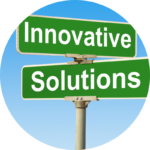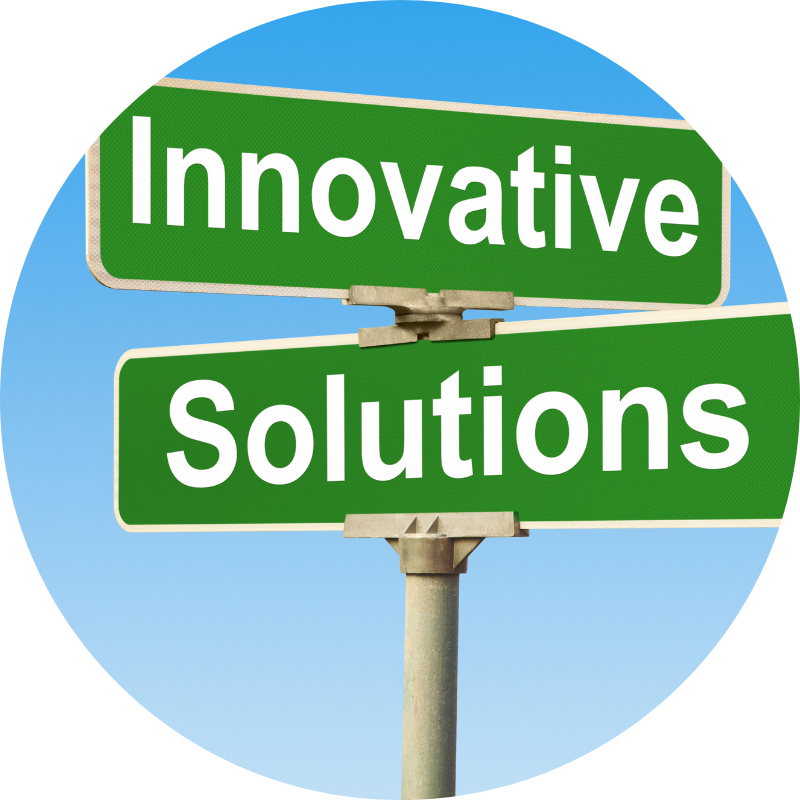 Offering earned wage access and paycards to employees can provide numerous benefits for businesses. These services are known to provide better access to payroll, assist employees in overcoming financial issues, and greater options on how payroll is received. Here are some key points to consider if you’re not already offering the ease and flexibility of these innovative payroll solutions.
Offering earned wage access and paycards to employees can provide numerous benefits for businesses. These services are known to provide better access to payroll, assist employees in overcoming financial issues, and greater options on how payroll is received. Here are some key points to consider if you’re not already offering the ease and flexibility of these innovative payroll solutions.
Financial Wellness – Earned wage access allows employees to access a portion of their earned wages before the traditional payday. This can alleviate financial stress and empower employees to better manage their finances, contributing to overall financial wellness.
Employee Satisfaction – Offering flexibility in when employees receive their earnings can enhance job satisfaction. Earned wage access provides a real-time solution, allowing employees to access funds when needed, resulting in a positive impact on morale and retention.
Emergency Preparedness – Earned wage access can serve as a financial safety net for employees facing unexpected expenses or emergencies. It provides a quick and accessible source of funds, reducing the need for high-interest loans, use of credit cards, or requesting a payroll advance from the employer.
Employee Attraction and Retention – In a competitive job market, benefits like earned wage access and paycards can set a business apart. It becomes an attractive feature for potential employees and can contribute to retaining existing talent, especially among those who value financial flexibility.
Reduced Turnover – Financial stress is a common reason for employee turnover. By addressing this through employment-enhancing services like earned wage access and paycards, businesses may experience a decrease in turnover rates, leading to cost savings associated with recruitment and training.
Cost-Effective Payroll Solutions – Paycards can offer a cost-effective alternative to traditional payroll methods. They eliminate the need for paper checks and make accessing payroll easier for those employees who do not have bank account. For example, with a paycard, payroll may be accessed to pay bills electronically, used for point of sales purchases, and withdrawals for little or no cost at participating ATM networks.
Enhanced Security – Paycards offer a secure way for employees to receive their wages, reducing the risk associated with lost or stollen paper checks. Additionally, paycard programs come with features such as fraud protection for added security.
Streamlined Payroll Processes – Earned wage access and paycards can streamline the payroll process by reducing the need for paper checks, manual distribution, or pay day advances. This efficiency can lead to time savings for HR and payroll departments.
Adaptation to Modern Workforce Trends – As the workforce evolves, offering flexible payment options aligns with the preferences of a modern workforce. It demonstrates a commitment to adapting to changing expectations and technology.
By implementing earned wage access and paycards, businesses can foster a positive and flexible work environment, enhance employee financial well-being, and stay competitive in the evolving landscape of payroll practices.
To learn more about earned wage access and to get started today, simply click here.
To learn more about paycards and to get started today, simply click here.
Our payroll professionals assist our clients with payroll, workforce management, benefits administration, and human resources needs. To get started or learn more about these solutions, simply contact us today.
We also invite you to meet with us today for a complimentary HR consultation and to learn how we can support objectives, overcome challenges, and address issues quickly and accurately.
For more information about our payroll services, please contact our payroll professionals at 909.946.2032. Or, click here and Let’s Talk!
For the latest updates, follow us on LinkedIn, Facebook, Twitter, YouTube, Instagram and TikTok for even more business tips and news.
*Southland Data Processing, Inc. (“SDP”) is not a law firm. This article is intended for informational purposes only and should not be relied upon in reaching a conclusion in a particular area of law. Applicability of the legal principles discussed may differ substantially in individual situations. Receipt of this or any other SDP materials does not create an attorney-client relationship. SDP is not responsible for any inadvertent errors that may occur in the publishing process.

